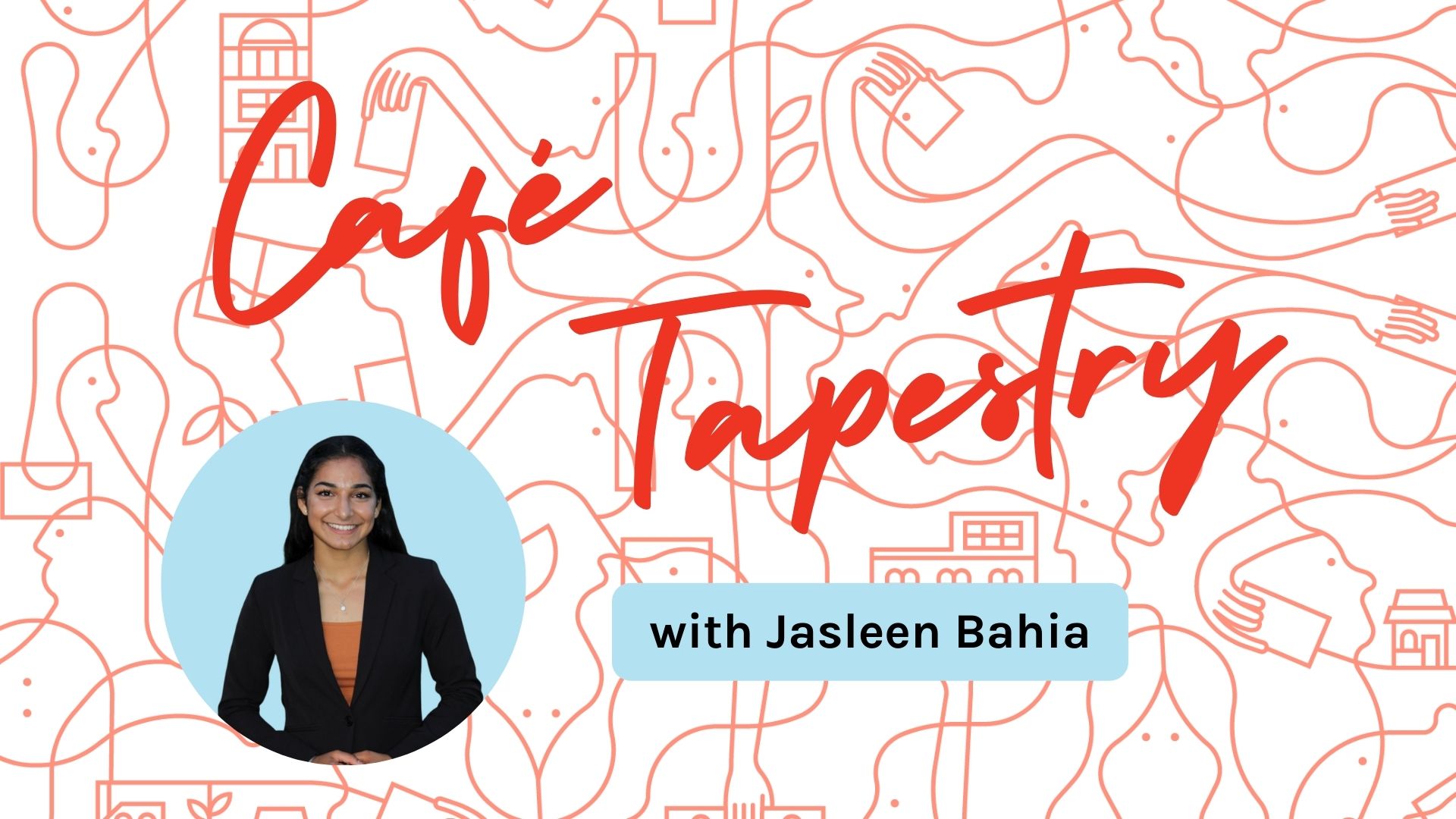
If you take a look at our brand, you can learn a lot about our organization and what we stand for. You will see a red thread connecting people, capital and solutions to society’s greatest challenges. That thread illustrates our ethos – that solutions must be designed, financed and implemented collectively, equitably, and inclusively by and for communities. That thread is the foundation of our Tapestry.
While we have lived these values since our inception three years ago, we have now gone a step further to put these principles into a policy to guide how we operate internally and externally to ensure that we contribute to a more just, equitable, diverse, inclusive, and dignified society for all.
“That may sound like a mouthful,” says Karen Scottie, who leads Tapestry’s Human Resources, “but each of these pieces is critical in making sure that everyone we engage with feels welcome and safe at all times.”
“This is not just a policy for our Staff and Board,” they explain, “we really see it as a foundation for the way we operate as an organization, and want this to transcend through to our work with the organizations that we serve as well.”
At the policy’s core are several main themes, explains Karen. “The first is that we simply aren’t ok with the status quo. We don’t want to just say that we are welcoming of all groups, whether it be in a job application or in supporting a new project, but actually want to be more conscious about actively engaging with people and groups comprised of and led by indiginous, racialized, women, people with disabilities, members of sexual minority groups, or any others with non-binary or non-privelged backgrounds.”
“This can be a challenge”, says Karen, “and we are learning as we go”. Tapestry has made a recent change in its recruitment policy to make it clear that priority will be given to the groups addressed above, because we acknowledge the importance of a diverse workplace and know that to achieve this, we need to be deliberate about it.
We are also strategically seeking out more diverse organizations that could benefit from the use of community bonds and thinking critically about how we can improve the accessibility, both physical and financial, of our services.
“We have established a Committee to create a Tapestry Fund.” shares Mary Warner, Co-Executive Director of Tapestry. “We hope that through this fund that we can make our services available to a wider array of organizations that might not otherwise have the funds available to make it to the point of raising community bonds.”
The second core theme of the policy is that Tapestry is committed to continuous learning about anti-racism, justice, equity, inclusion, diversity (JEDI) and accessibility, and to integrating these learnings into every aspect of what we do.
“We have come a long way as a team simply by having open conversations about these difficult topics,” says Karen. The team recently completed the Feminuity Diversity, Equity and Inclusion course and the Canadian Race Relations Foundation Anti-Racism Workshop, and has initiated a bi-weekly JEDI book club.
The final core element of the new policy is collective accountability. “What we mean by this,” shares Karen, “is that we are all responsible for each other’s actions by tolerating, ignoring or harbouring them. We hope that through education, training and open discussions, we can build the confidence of our team to always stand up for what is right, and speak out against injustice.”
Acknowledging that these topics are ever changing, Tapestry has committed to maintaining this policy as a living document. “This isn’t just a policy for the bookshelf,” says Karen, “we have developed an implementation strategy to help us make sure that these commitments come through in everything that we do and want to make sure that it can evolve as the needs of our communities change.”
Do you have any suggestions on how our organization can become more diverse and inclusive? We would love to hear from you. Please write to us at info@tapestrycapital.ca.


Recent Comments